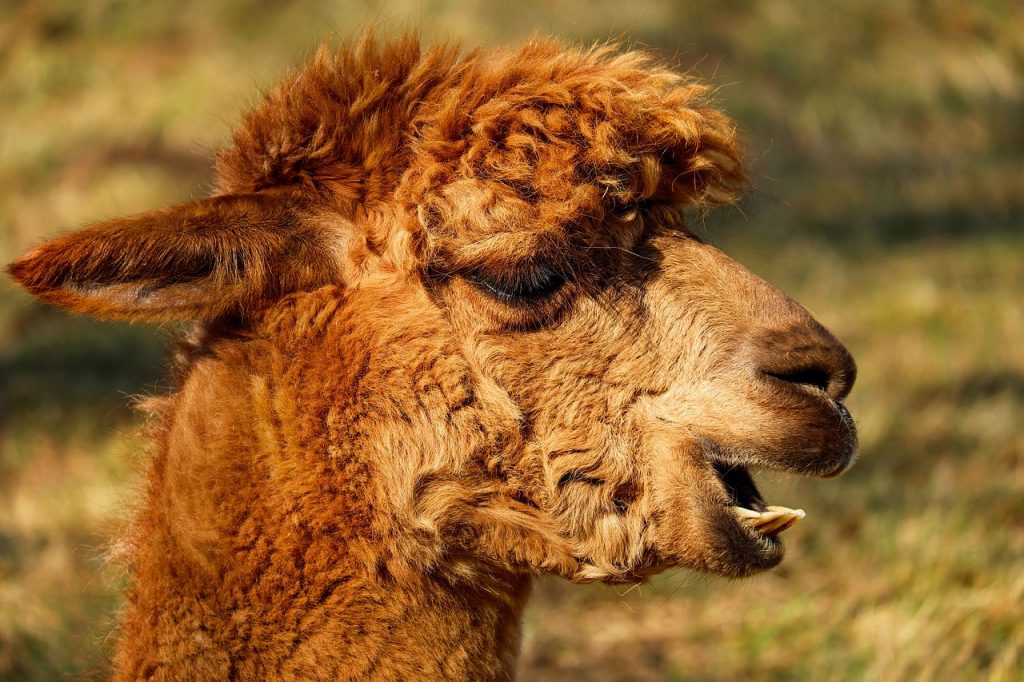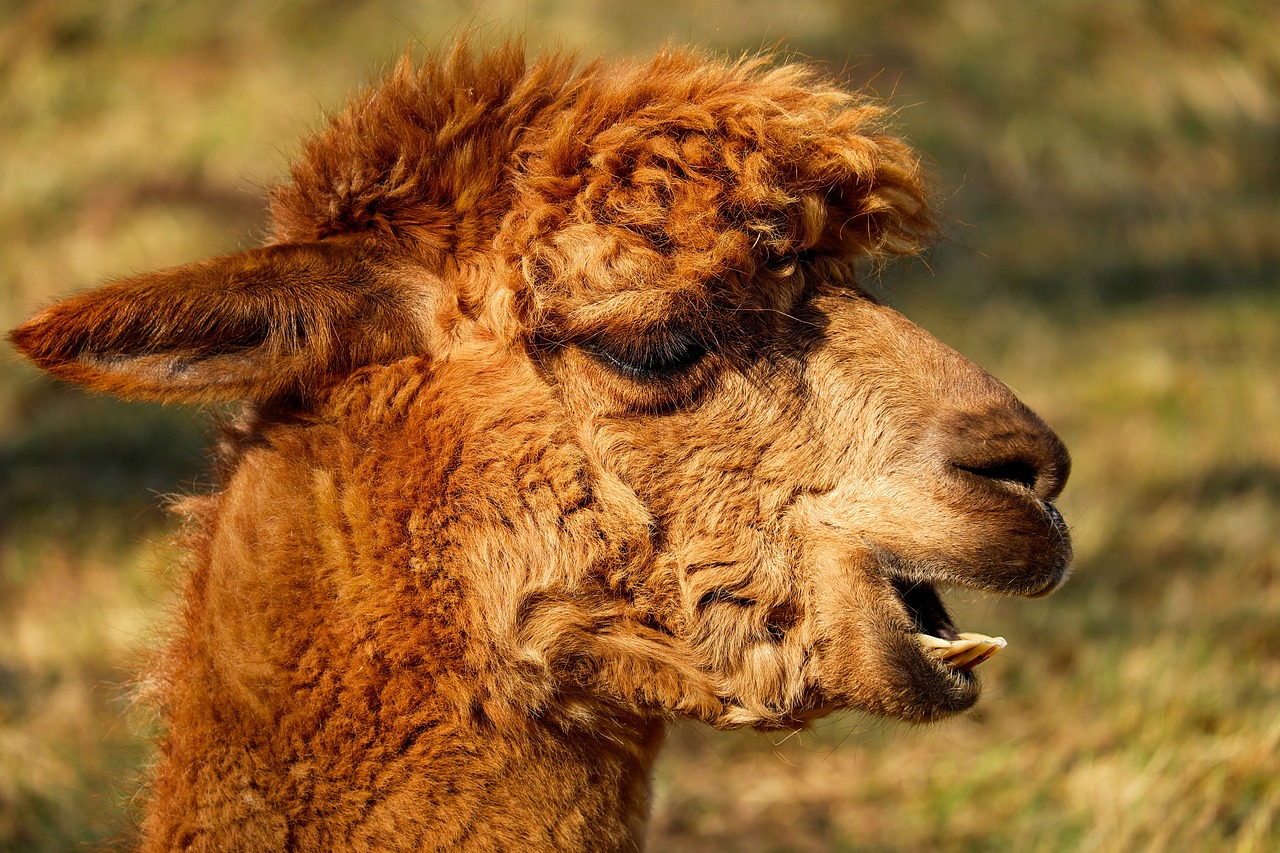Choosing the perfect pet breed is a decision that can bring years of joy and companionship to your life. However, with the sheer variety of animals available as pets, it’s essential to make an informed choice. From furry felines to feathered friends, this guide will help you navigate the decision-making process and select the ideal pet for your lifestyle.
Introduction
Selecting a pet is a significant decision. It’s not just about choosing an animal; it’s about inviting a new member into your family. Your pet will be your companion, confidant, and source of joy for many years to come. So, let’s embark on the journey of choosing the right pet breed.
Understanding Your Lifestyle
Before choosing a pet, consider your lifestyle. Are you a busy professional or a homebody? Do you live in a spacious house or a small apartment? Your daily routine and living situation play a crucial role in determining the type of pet that will best suit you.
Allergies and Sensitivities
It’s essential to consider allergies and sensitivities when selecting a pet. Some breeds are hypoallergenic, while others can trigger allergies. Make sure your choice aligns with the health and well-being of your family members.
Size Matters: Small, Medium, or Large Pets
The size of your pet matters. Small pets, like hamsters or cats, are well-suited for apartments, while larger dogs may require more space. Think about your living environment and how it accommodates your potential pet’s size.

Temperament and Personality
Every pet has a unique personality. It’s crucial to find a pet whose temperament matches your own. If you’re an active person, a lively dog might be an excellent companion. If you prefer a quieter lifestyle, a calm cat might be a better fit.
Longevity and Commitment
Owning a pet is a long-term commitment. Different pets have varying lifespans, and you should be prepared to care for your pet for the duration of its life.
Budget and Expenses
Pets come with costs beyond their initial purchase or adoption fees. From food and grooming to veterinary care, it’s important to understand the financial commitment involved in pet ownership.
Adopting vs. Buying
Decide whether you want to adopt a pet from a shelter or rescue organization or buy from a breeder. Both options have their pros and cons, and your choice can make a significant impact on the pet population.
Grooming and Maintenance
Different breeds have different grooming needs. Consider how much time and effort you can dedicate to grooming and maintaining your pet’s coat, feathers, or scales.
Exercise and Activity Levels
Some pets require more exercise and playtime than others. Be honest about your energy level and find a pet that matches your activity level to ensure a harmonious coexistence.
Health Considerations
Every pet breed comes with its own set of health considerations. Some breeds are predisposed to certain medical issues. Research these concerns and be prepared for potential health challenges.
Pet Compatibility
If you have a family, consider the compatibility of different pet breeds with your children and other pets in the household. Some pets are more kid-friendly or sociable with other animals.
Environmental Impact
It’s important to consider the environmental impact of your pet choice. Some pets have specific habitat requirements or carbon footprints. Think about how your choice aligns with your eco-conscious goals.
Popular Pet Breeds
Explore some popular pet breeds, including their characteristics and personalities. From loyal Labradors to mischievous Maine Coon cats, you’ll find a variety of options to consider.
Conclusion
In conclusion, choosing the right pet breed is a decision that requires careful thought and consideration. By understanding your lifestyle, preferences, and the unique needs of various breeds, you can make an informed choice that will lead to a fulfilling and lasting bond with your new furry or feathered friend.

FAQs
- What’s the most important factor when choosing a pet breed? The most important factor is aligning the pet’s needs and characteristics with your lifestyle and preferences.
- Are there any hypoallergenic pet breeds for allergy-prone individuals? Yes, several hypoallergenic breeds, such as the Poodle or the Sphynx cat, are known to be more suitable for people with allergies.
- How do I estimate the costs of pet ownership? Consider expenses like food, grooming, vet visits, and potential emergencies when estimating the costs of pet ownership.
- What’s the difference between adopting and buying a pet? Adoption typically involves giving a home to a pet in need, while buying often means acquiring a pet from a breeder.
- How can I ensure my pet has a positive environmental impact? Choose a pet breed that aligns with your environmental values and consider adopting to reduce the demand for breeding.






